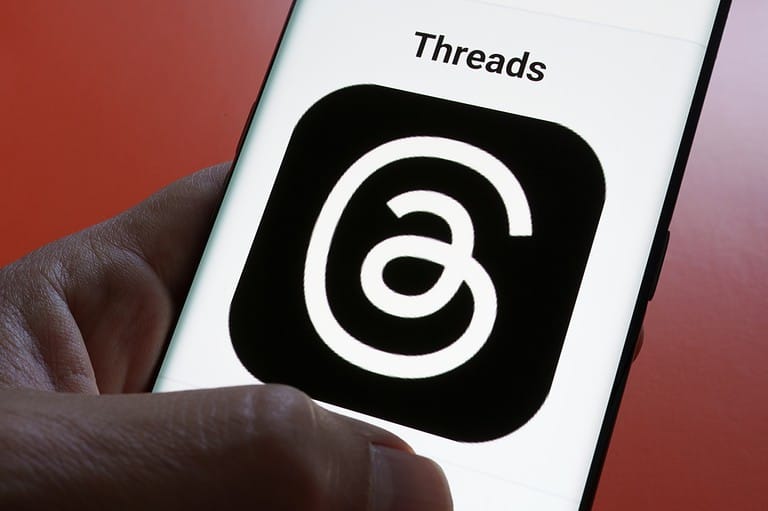by Chi Ibe

Reports have revealed that Facebook and other social platforms are watching users’ chats. The excuse is that it’s doing so to monitor criminal activity and notifying police if any suspicious behaviour is detected but what ever happened to good old privacy?
A number of social networking sites have set up a screening process which works by a scanning software that monitors chats for words or phrases that signal something might be amiss, such as an exchange of personal information or vulgar language.
The software pays more attention to chats between users who don’t already have a well-established connection on the site and whose profile data indicate something may be wrong, such as a wide age gap. The scanning program is also “smart” — it’s taught to keep an eye out for certain phrases found in the previously obtained chat records from criminals including sexual predators.
If the scanning software flags a suspicious chat exchange, it notifies Facebook security employees, who can then determine if police should be notified.
Some critics of this method have suggested that keeping most of the scanned chats out of the eyes of Facebook employees who could compromise the data may help Facebook deflect criticism from privacy advocates, but whether the scanned chats are deleted or stored permanently is yet unknown.
According to Facebook’s chief security officer, Joe Sullivan, at least one alleged child predator has been brought to trial directly as a result of Facebook’s chat scanning, Reuters report.
Facebook works with law enforcement “where appropriate and to the extent required by law to ensure the safety of the people who use Facebook,” according to a page on its site.
“We may disclose information pursuant to subpoenas, court orders, or other requests (including criminal and civil matters) if we have a good faith belief that the response is required by law. This may include respecting requests from jurisdictions outside of the United States where we have a good faith belief that the response is required by law under the local laws in that jurisdiction, apply to users from that jurisdiction, and are consistent with generally accepted international standards.
“We may also share information when we have a good faith belief it is necessary to prevent fraud or other illegal activity, to prevent imminent bodily harm, or to protect ourselves and you from people violating our Statement of Rights and Responsibilities. This may include sharing information with other companies, lawyers, courts or other government entities.”












No more sex chats be that. So long for setting P on Facebook